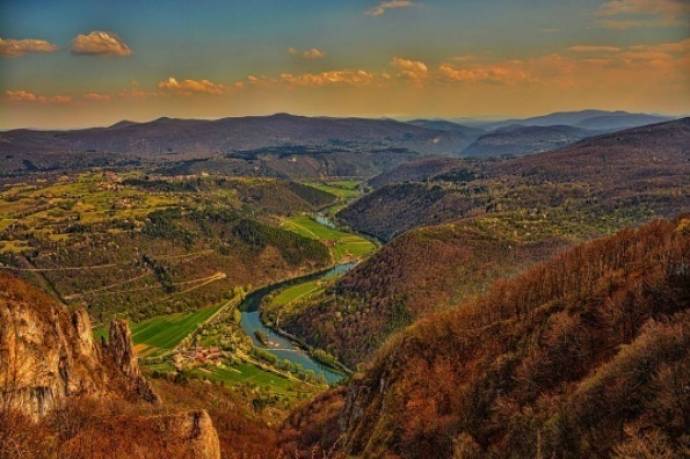Head of the Črnomelj Information and Development Centre (Ric) Peter Črnič told the press in Podzemlje pri Metliki that the media "occasionally portray things in a way that does not correspond to the actual state".
He said that "after crossing the Kolpa river, the refugees" are causing no material damage on their path and are not involved in any violent or criminal acts.
"They are peaceful, we know not of a single instance of a conflict among them or between them and the locals or other visitors," Črnič said about the situation at the entry point from Croatia.
He added the tourism workers in Bela Krajina are striving for "a humane attitude to people who need help and for a removal of the fence on the river banks".
Gregor Jevšček from the same centre said that 71,800 overnight stays by almost 30,000 visitors were recorded in Bela Krajina last year, a 30% increase on 2016.
Only 40 guests less were recorded in the first five months this year compared to the same period in 2017 despite the bad weather.
Livija Kovač Kostantinovič of the Slovenian Tourism Board took the opportunity to promote Bela Krajina, whose main asset is the border river Kolpa, as an attractive and authentic tourist destination that is developing very successfully.
She added that other countries are also facing "migration processes", which have "simply become a part of everyday life." In Bela Krajina "this is not a troubling factor, tourism providers practically have no contact with migrants" and the latter "don't disturb the experiences of domestic and foreign tourists".






